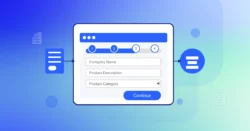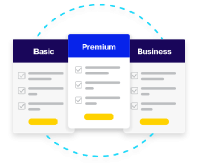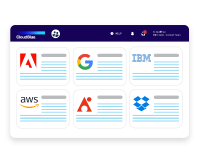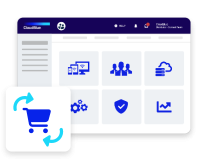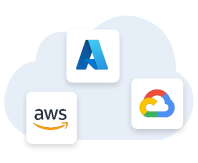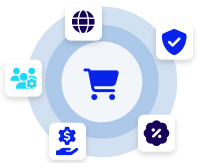A Sales Qualified Opportunity, or SQO, is a lead that has moved beyond basic qualification and is now actively recognized as a viable sales prospect.
Unlike a Sales Qualified Lead (SQL), which shows initial promise, an SQO meets specific criteria that indicate a higher likelihood of a successful sale. In SaaS, where sales cycles can be complex, distinguishing SQOs from less promising leads helps sales teams focus their efforts on the highest potential customers. An SQO has demonstrated clear intent, budget readiness, and alignment with the SaaS solution’s offerings, making it more likely to convert into a paying customer.
By identifying SQOs, sales teams can allocate resources efficiently, concentrating on opportunities that are genuinely sales-ready rather than spending time on leads that are still in the exploratory phase. This approach not only improves the team’s productivity but also enhances the win rate, as more focus is directed at leads with higher potential to close.
SQO vs. SQL: What’s the Difference?
While both SQOs and SQLs are qualified leads, the difference lies in their position in the sales funnel and their readiness to buy. SQLs are leads that have shown initial interest and match certain ideal customer profile criteria, often based on data like company size, industry, and basic needs. However, SQLs still require further nurturing to verify their intent and budget. Think of SQLs as early-stage opportunities that show promise but are not yet ready to engage in purchasing discussions.
An SQO, on the other hand, has passed through these preliminary stages and demonstrated concrete buying signals. Sales teams may evaluate this through a series of assessments or discovery calls, where the prospect’s needs, challenges, and purchasing power are confirmed. When a lead reaches SQO status, it signifies that the prospect is primed for a sales pitch, allowing the sales team to proceed confidently toward closing the deal.
Why Sales Qualified Opportunities Matter in SaaS
For SaaS companies, identifying SQOs is crucial for driving revenue and improving win rates. SaaS sales cycles often require educating the customer on subscription benefits and long-term value, which makes targeting the right opportunities all the more important. With SQOs, sales teams can zero in on high-probability prospects, meaning they spend less time on leads that may never convert.
Working with SQOs also boosts the efficiency of the sales process by setting the right expectations within the team. Knowing that a prospect is already at the SQO stage allows the sales rep to personalize pitches and focus on specific needs, thus shortening the path to a close. Ultimately, SQOs help SaaS companies optimize their sales funnel, driving more predictable revenue and allowing teams to refine their strategies for reaching the right customers.




